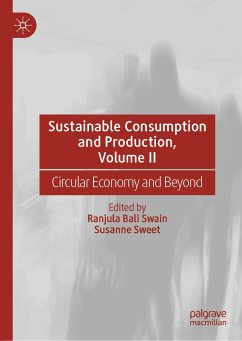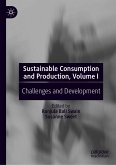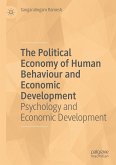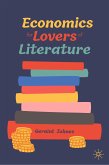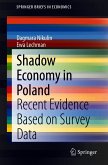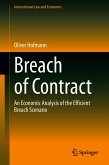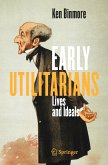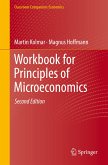Sustainable Consumption and Production, Volume II: Circular Economy and Beyond aims to explore the sustainable consumption and production transition to a circular economy, while addressing critical global challenges by innovating and transforming product and service markets towards sustainable development. This book explores how consumers, private sector, relevant international organizations, and governments can play an active role in innovating businesses to help companies, individuals (consumers and citizens), organizations, and sectors, to remain competitive, while transitioning towards sustainable markets and economies. It is of interest to economists, students, businesses, and policymakers.
Ranjula Bali Swain is Visiting Professor atCenter for Sustainability Research (CSR) & Misum, Stockholm School of Economics and Professor of Economics at Södertörn University, Stockholm, Sweden. Her research focusses on sustainable development, environmental economics and development
Susanne Sweet is Associate Professor at Stockholm School of Economics. Sweet's research covers a broad range of topics on corporate sustainability and responsibility and she has for the past eight years been the research manager for a large cross disciplinary research program on circular fashion. Chapter "Tourism as (Un)sustainable Production and Consumption" is available open access under a Creative Commons Attribution 4.0 International License via link.springer.com.
Dieser Download kann aus rechtlichen Gründen nur mit Rechnungsadresse in A, B, BG, CY, CZ, D, DK, EW, E, FIN, F, GR, HR, H, IRL, I, LT, L, LR, M, NL, PL, P, R, S, SLO, SK ausgeliefert werden.

